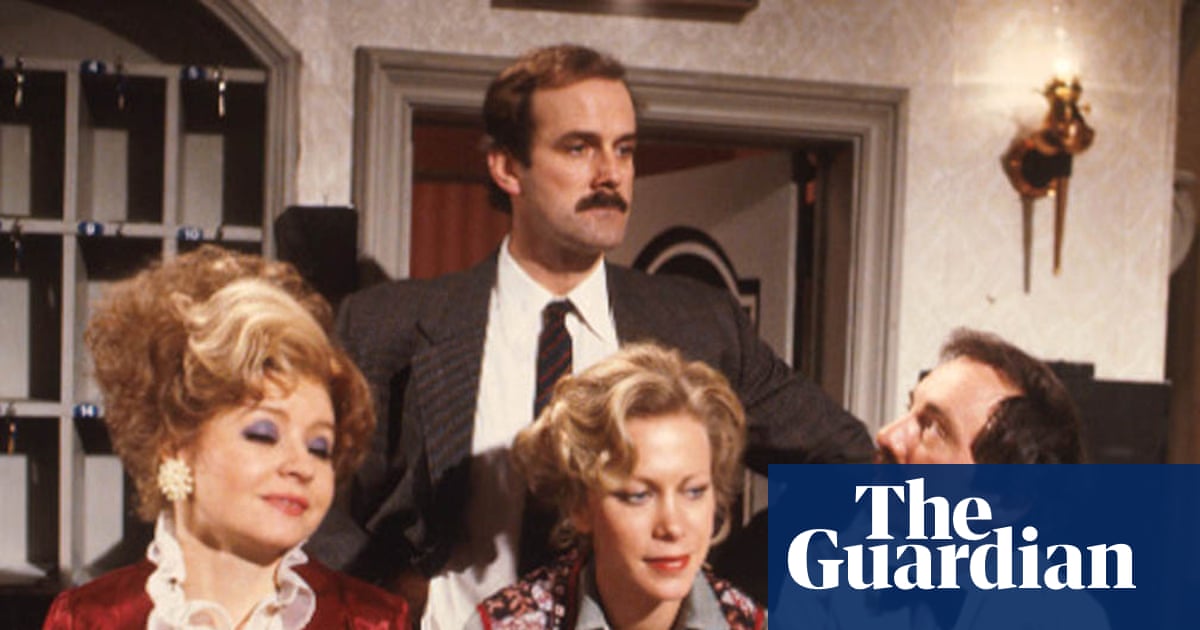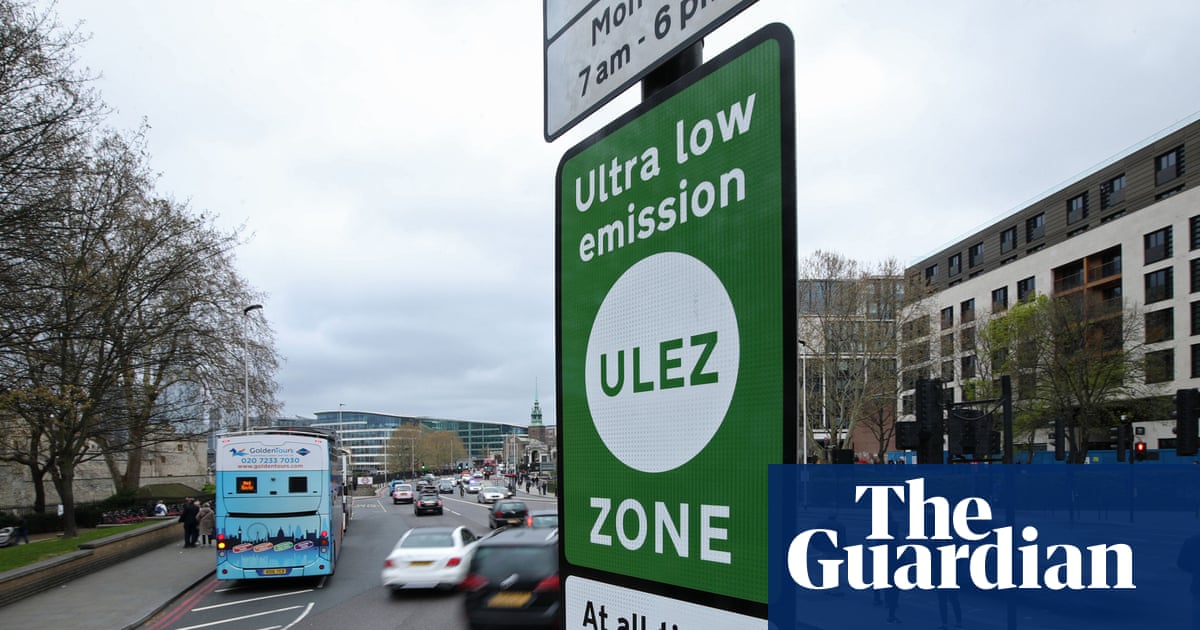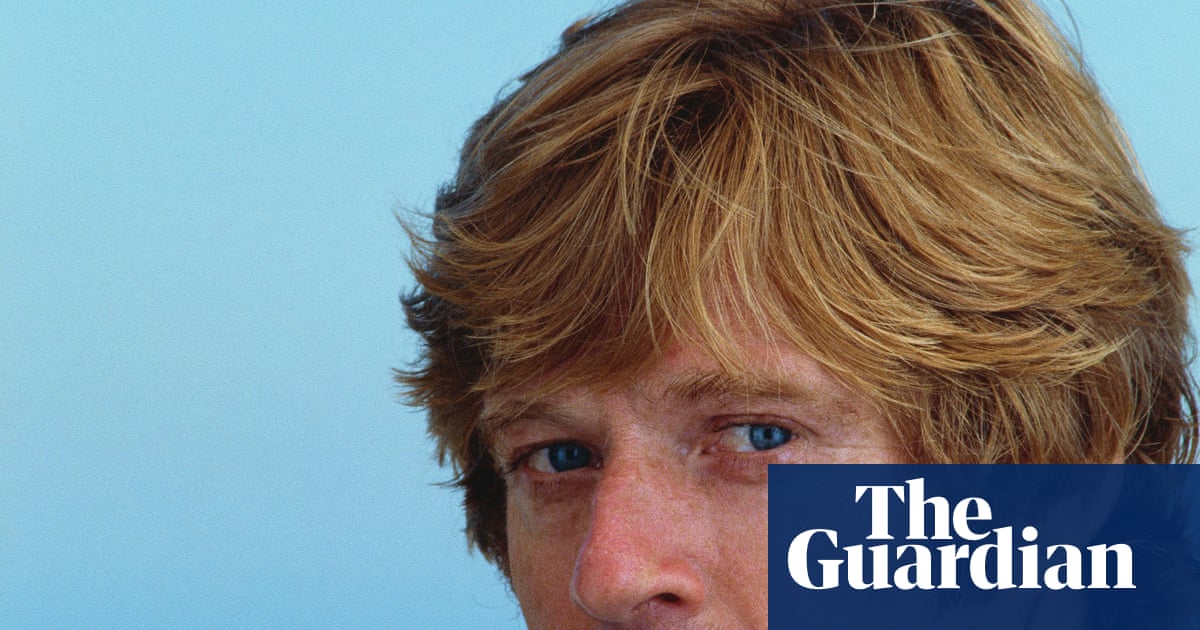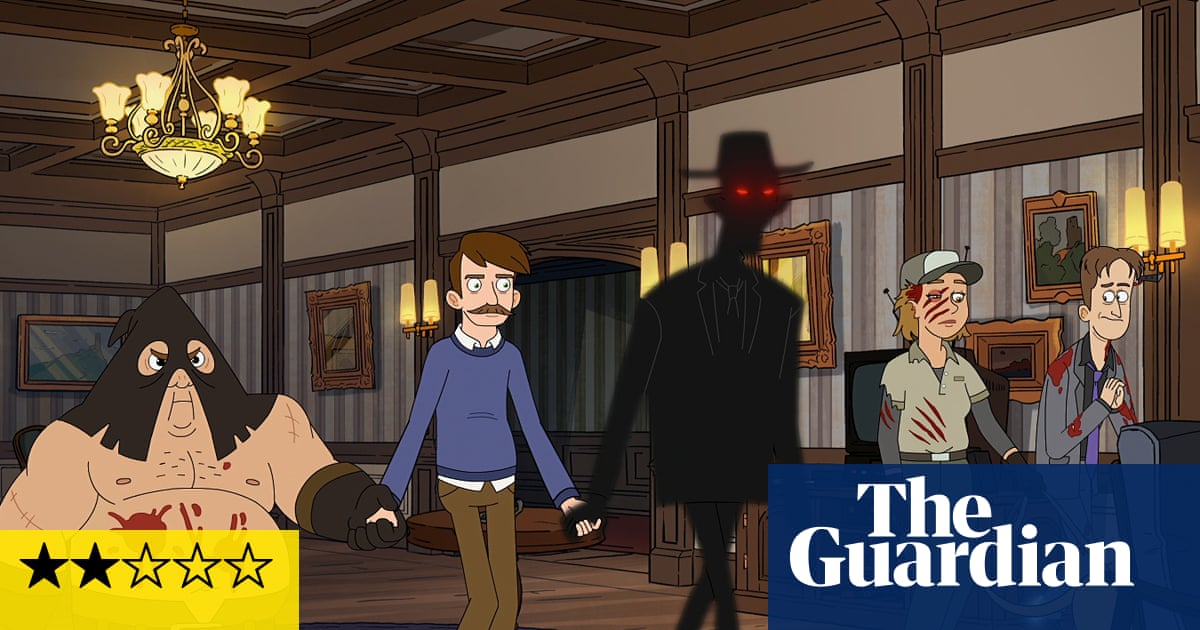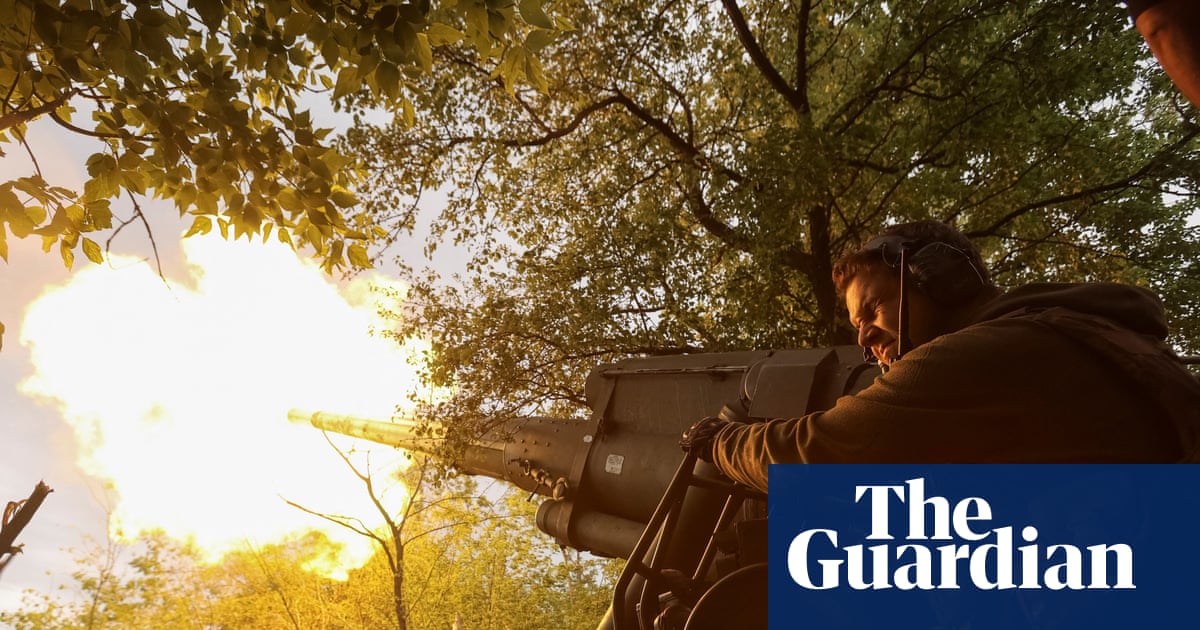Pat O’Connor’s Northern Irish movie from 1984, adapted by author Bernard MacLaverty from his own novel, holds up very well for its rerelease; better in fact than most of the movies and TV drama made about and during the Troubles. It has an unhurried, thoughtful and very human quality; Helen Mirren won the best actress award at Cannes for her performance here and in fact it is very well acted across the board by a blue-chip cast.
Mirren plays Marcella, a woman from a Catholic background, married across the sectarian divide to a reserve police officer murdered at his parents’ farmhouse by an IRA man who had bullied a bewildered local guy into being his getaway driver; this is Cal, played by the gauntly intense John Lynch. Cal lives with his widowed father; a gentle performance by Donal McCann, who was Gabriel Conroy in John Huston’s The Dead. But as the only Catholics in a Protestant neighbourhood, they are burned out of their home by loyalist gangs. Having quit his job at the gruesome abattoir, Cal gets a job labouring at Marcella’s farm and is allowed to live in an outbuilding; Marcella’s fiercely Protestant brother-in-law and mother-in-law (excellent performances from Ray McAnally and Catherine Gibson) take pity and almost a shine to the poor, put-upon Cal. And Cal, despite or because of being secretly complicit in the murder of Marcella’s husband, and intensely aware of her loneliness and ambiguous nameless yearning, falls deeply in love with her.
There can’t be many movies about love in which the principals don’t so much as kiss until an hour and a quarter into the running time. What leads up to the main event is an observant, bleak, sometimes mordantly funny and compassionate account of everyone’s melancholy existence; it then becomes an almost Hardyesque romance of the countryside as Cal initially gets a job potato-picking and is ferried out to the fields with all the other hired hands in the back of a van.
Having nothing to do most of the time, Cal is always being chivvied into doing “jobs” for his overbearing mate Crilly (Stevan Rimkus), who is in awe of the local republican hard man, Skeffington (John Kavanagh). There is one black-comic scene in which Cal has to be the driver when, to boost IRA coffers, Crilly robs a cinema showing Superman III. There is much ambient detail to notice, including Sinn Féin posters showing the face of Martin McGuinness. (Could anyone have guessed that 28 years later he would be shaking hands with the queen?) Lovers of classic 80s British cinema will appreciate that a tough RUC man is played by Daragh O’Malley, who would go on to play the dodgy guy shouting “perfumed ponce” in a Camden pub in Withnail and I. Most of all, Mirren and Lynch’s love scene is a model for how to show sex in a grownup, candid, non-exploitative way; this was a career highlight for Mirren and an outstanding debut for the young Lynch.

 3 months ago
99
3 months ago
99




